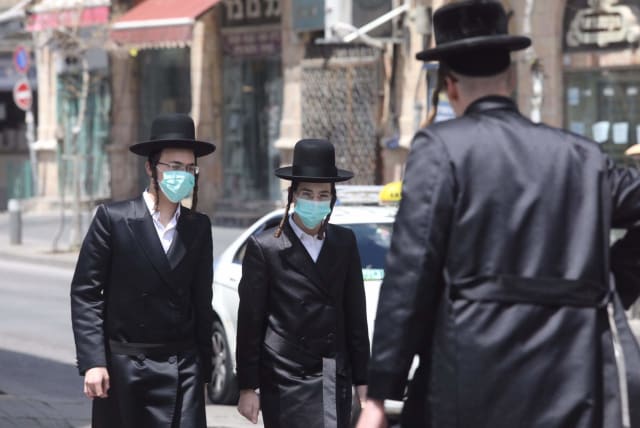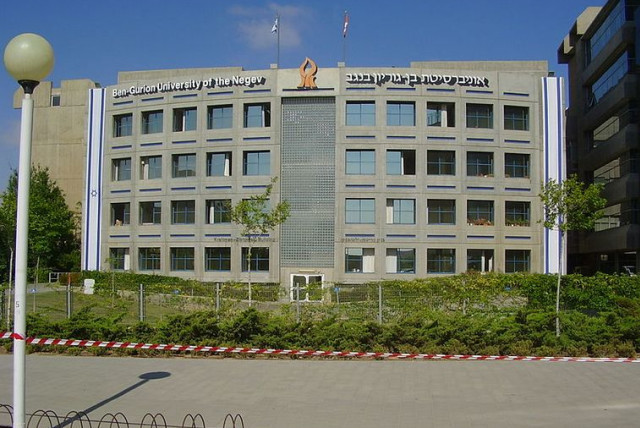Ben-Gurion University Senate rejects proposal for gender separate ultra-Orthodox campus

Ben-Gurion University's Senate voted against the establishment of a gender-separate campus designed to cater to the ultra-Orthodox Jewish community, on Monday.
The proposal, which aimed to create an inclusive educational environment for one of Israel's most marginalized populations, was met with strong opposition, reflecting the complexities of integrating ultra-Orthodox individuals into broader Israeli society.
The university's Senate, a body composed of senior professors elected by the academic staff, rejected the administration's proposal by a wide margin, with only about 15 members supporting it. The decision came after a contentious debate that highlighted the divergent views within the academic community on how to address the educational needs of the ultra-Orthodox.
This development follows a national call for proposals by the Council for Higher Education, seeking to establish gender-separate campuses across Israel. The initiative is part of a broader effort to promote higher education among marginalized groups, including Arab Israelis, Ethiopian Israelis, and the ultra-Orthodox community.
However, the concept of gender segregation has raised concerns about potential discrimination and the impact on public space ethos, which academia is integral to.
Opponents argue that without gender segregation, the ultra-Orthodox community will continue to avoid participation in higher education, thereby limiting their economic integration and widening social divides.
The Council for Higher Education, drawing on its data and experience, believes that the unique needs of the ultra-Orthodox community warrant the establishment of specialized frameworks.
If realized, the proposed campus in the Negev region would have served substantial ultra-Orthodox communities in cities such as Ofakim, Be'er Sheva, Arad, Netivot, and Moshav Tifrach.
The plan was to encourage ultra-Orthodox students to pursue academic degrees and eventually integrate into the workforce by offering gender-separated classes, although faculty members of both genders would have taught students of the opposite sex.
The universities walk-back on its decisions has led to legal debate
Ben-Gurion University's announcement of its successful proposal last September has now been overshadowed by the Senate's recent decision, raising several critical questions. These include the legal and contractual implications of withdrawing the proposal and whether the university's partners in the initiative will proceed without it.
More broadly, this situation underscores the ongoing debate about the role of the ultra-Orthodox community in Israeli education and society, challenging whether there is a genuine commitment to inclusivity or merely lip service without substantive action.
The Council for Higher Education announced it is currently evaluating the ramifications of the university's decision, which marks a pivotal moment in the ongoing discourse on education, inclusion, and diversity in Israeli society.
Jerusalem Post Store
`; document.getElementById("linkPremium").innerHTML = cont; var divWithLink = document.getElementById("premium-link"); if (divWithLink !== null && divWithLink !== 'undefined') { divWithLink.style.border = "solid 1px #cb0f3e"; divWithLink.style.textAlign = "center"; divWithLink.style.marginBottom = "15px"; divWithLink.style.marginTop = "15px"; divWithLink.style.width = "100%"; divWithLink.style.backgroundColor = "#122952"; divWithLink.style.color = "#ffffff"; divWithLink.style.lineHeight = "1.5"; } } (function (v, i) { });

